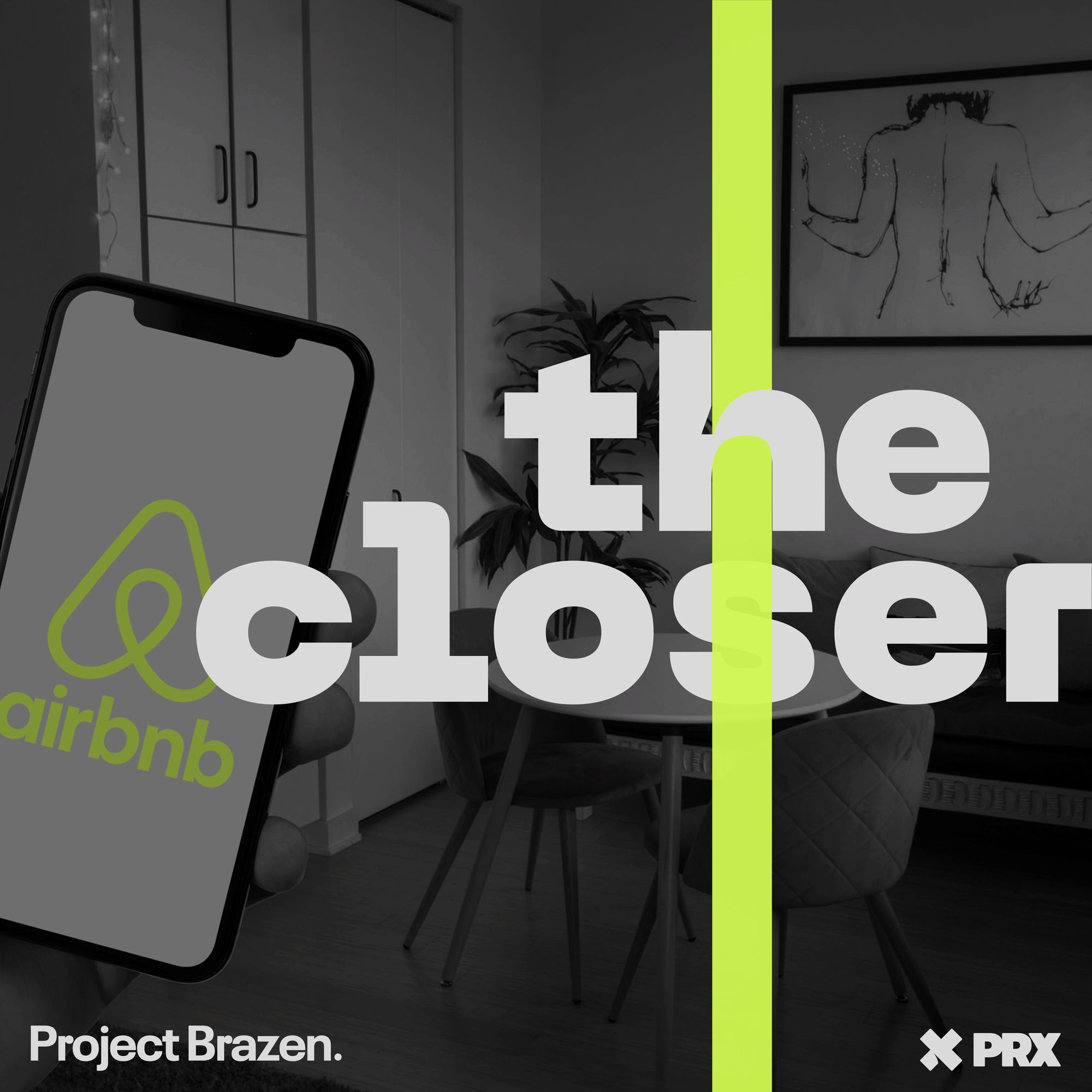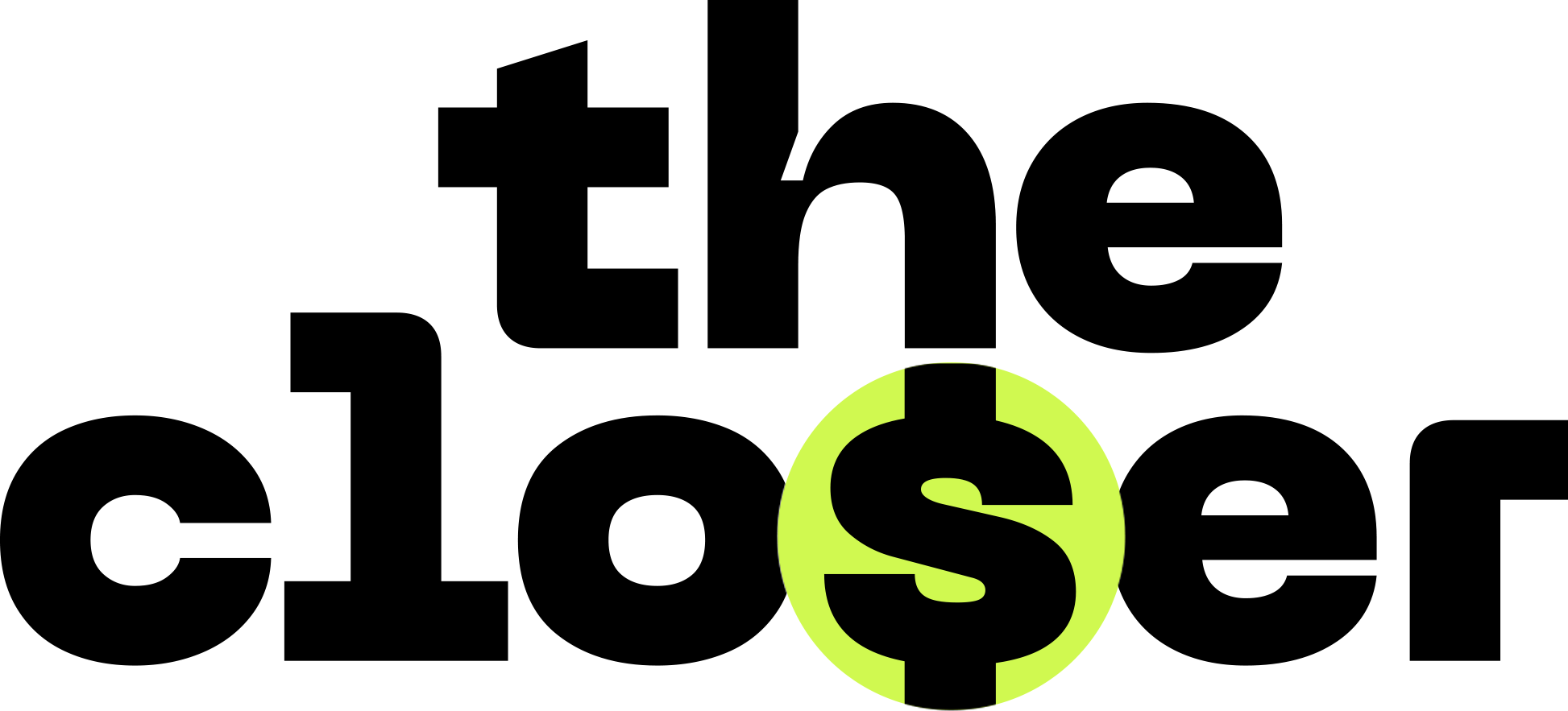Mark Zuckerberg's Twitter clone Threads racked up more than 30 million users in less than 24 hours.
A huge part of this story is that after screwing around and blowing through billions of dollars on developing its virtual reality product and laying off more than 10,000 employees this year, Zuckerberg is back to doing what he does best: producing near-copies of his competitor's products and then using Facebook's market dominance to make it a success.
Strictly speaking, Threads is not necessarily a success yet. Numerical users do not make a social network and to my Twitter-addled brain, Threads still has what I would call a Mastadon problem, which is that the actual posts are not "good" (hate-inducingly bad, funny, etc.) in the way that Twitter can be good. But Twitter is now a much more venal place, where anyone hawking any kind of diet pill or crypto scam is a verified user.
The oddest thing about Threads thus far is the extent to which Zuckerberg shied away from actually just copying Twitter, which allows you to toggle between an algorithmically determined feed and one that is more limited to who you follow. On Threads, there's no way to only follow posts from accounts you follow. Maybe this was an exercise in creating a defense for the inevitable lawsuit that Twitter does now says it is considering.
I'm sure Zuckerberg feels that Facebook and Instagram proved long-ago that user gripes aside, social media users have a revealed preference for the algo. But Thread's isn't a project in building a general population social network. It's a Twitter kill shot. Developing it to be only 80% lethal seems like a mistake.
After all, the goal here is not to create a new cohort of social media users – it's to kick Twitter while it's down. And the best way to do that is fairly simple: make a Twitter that works. Even with its drawbacks, Threads now seems closer to that goal than Twitter.

...just in case you missed it, catch up the latest episode of The Closer!
In early 2020, the home-sharing platform was poised to make a splashy debut on the public markets later that year. But within just a few weeks, coronavirus brought travel - and Airbnb business - to a halt. Journalist Liz Hoffman takes us inside the financing that saved the Silicon Valley darling and became one of the defining Wall Street deals of the pandemic.
Get in touch! Tell us what you want to hear and read.










